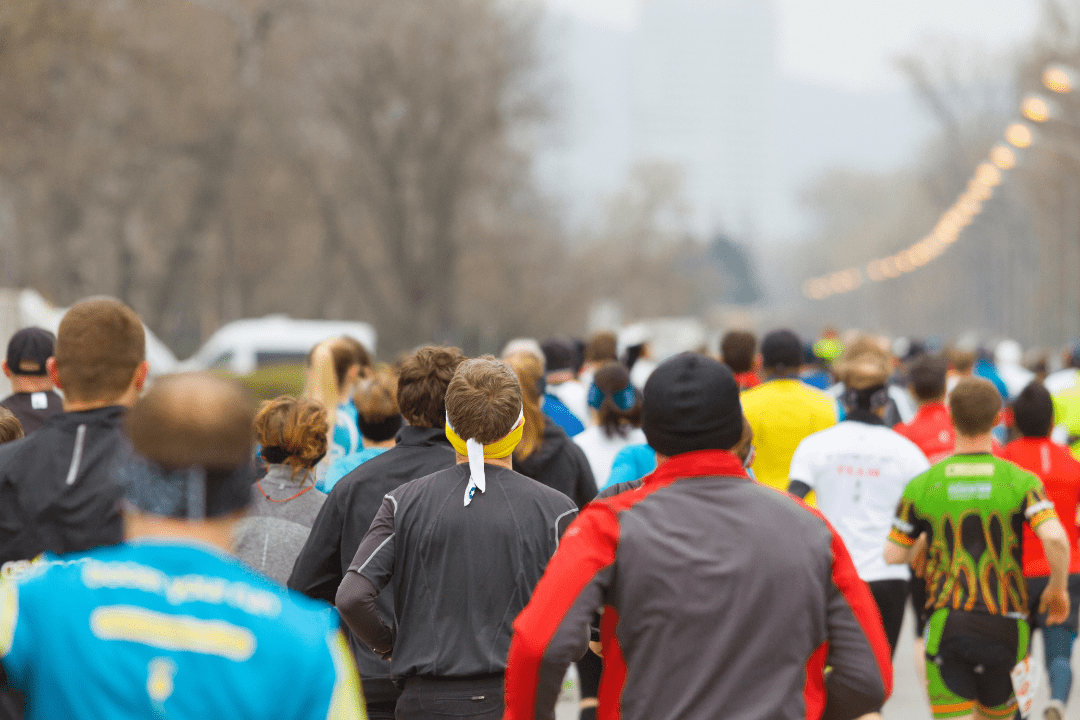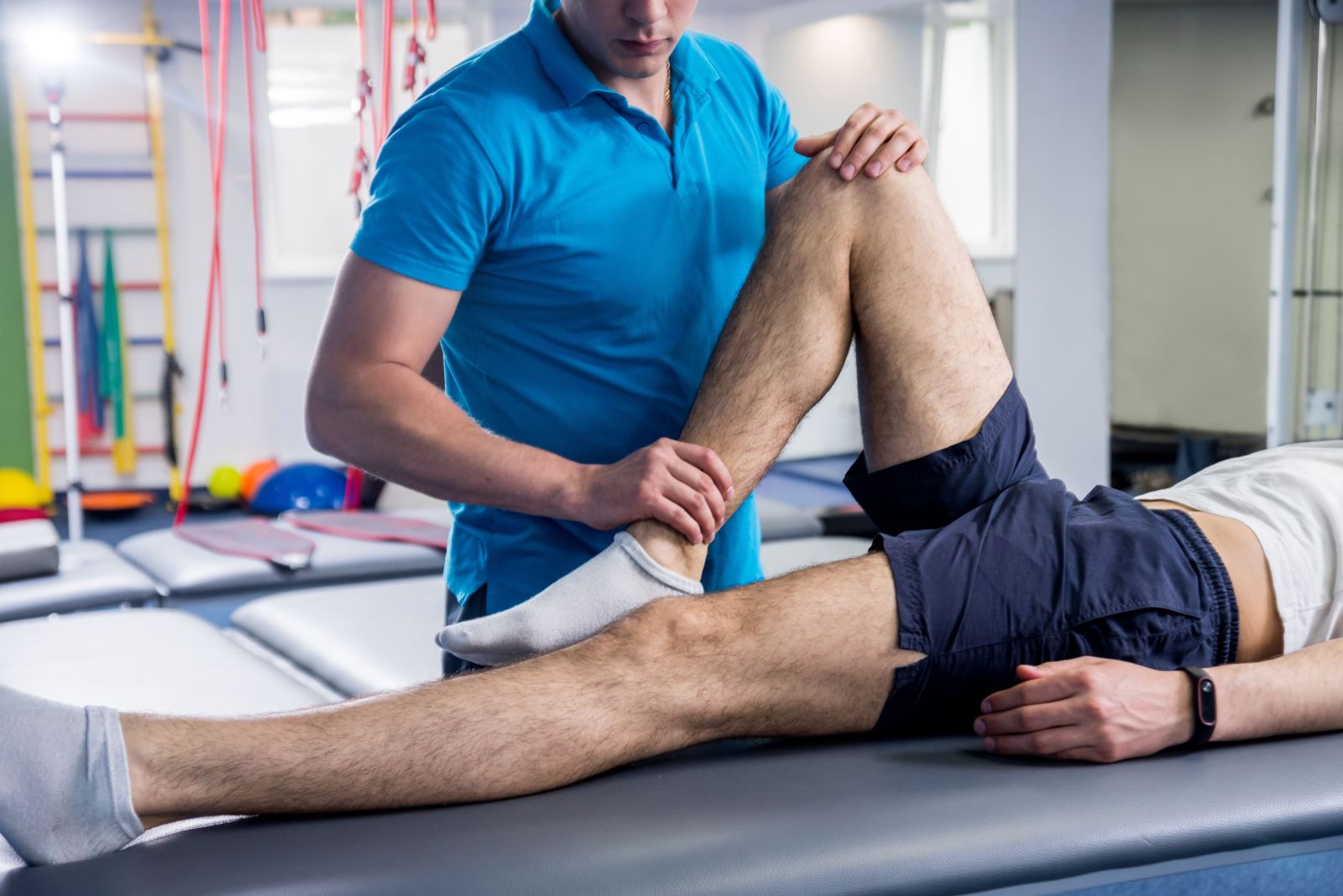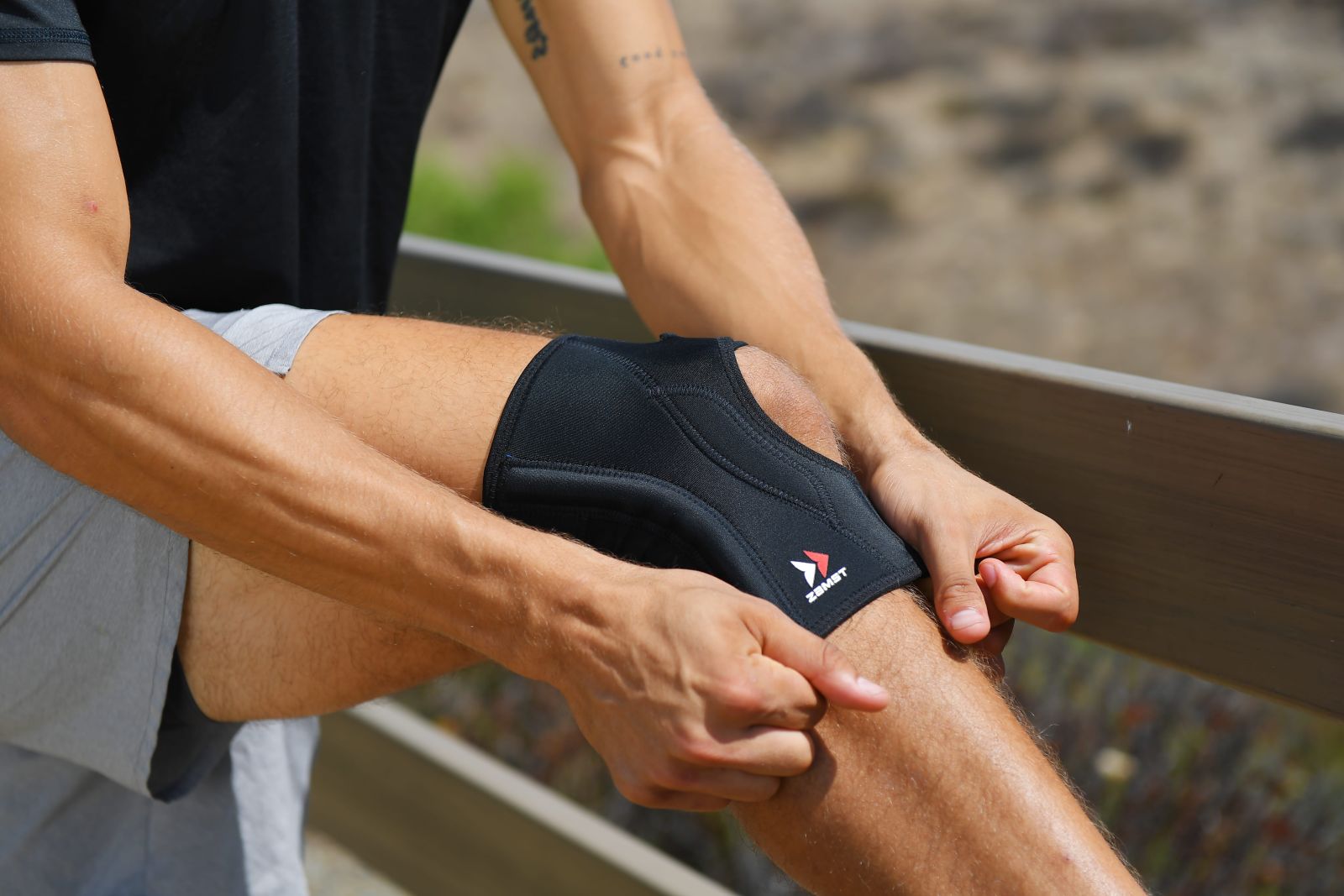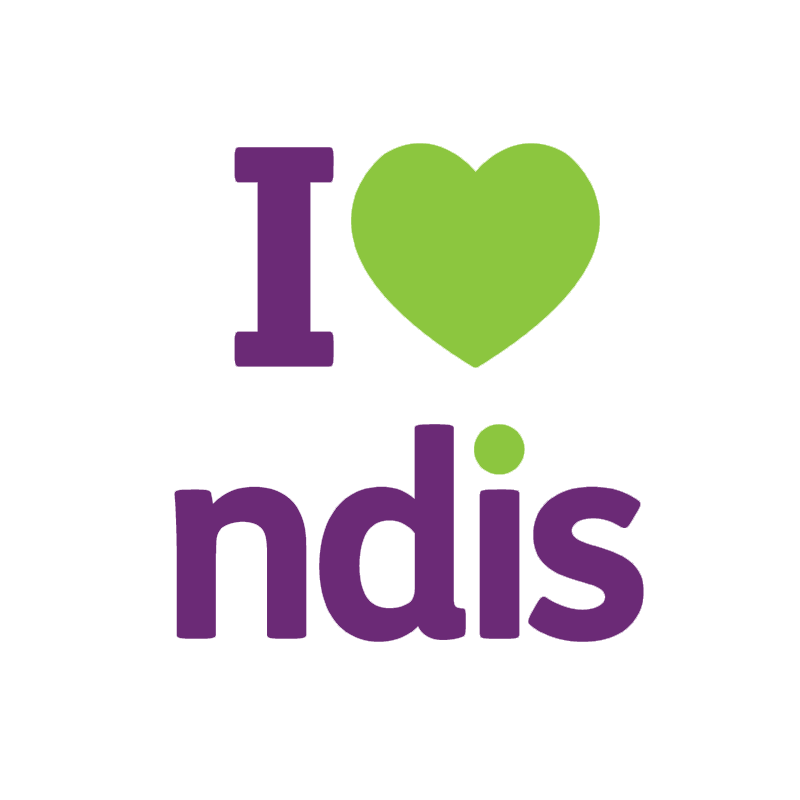4 essential post-marathon tips for faster recovery
Author: Dr Evan Jeffries Date Posted:1 November 2024


Completing a marathon is an incredible accomplishment that demands dedication, perseverance, and resilience. The idea of being able to run 42.16km in one setting is remarkable. Before completing a marathon, you must build up your training program which can be a grueling regime. Putting in the time to train is essential on how well you run and finish a marathon. However, the toll it takes on your body can be substantial. This is why it is essential to train your body with recovery almost in the same sense as you prepared it for the event. Proper recovery is crucial to ensure your body was able to handle the load of a marathon and you reduce the chances of developing a lasting injury. In this blog, we'll explore four post-marathon tips designed to expedite your recovery and have you back on your feet in no time.
1. Hydration and Nutrition: The Cornerstones of Recovery

After crossing the marathon finish line, your body is likely depleted of essential nutrients and fluids. It’s key to check your weight prior to the marathon and after so you know exactly how much weight you lose indicating how much fluid you lost. Another key tip is to check the sweat deposits on your shirt/shorts to understand how much sodium you lose. Replenishing the nutrients is a priority for faster recovery. If salt depletion is suspected (e.g., increased salt appetite or salt craving), it is prudent to consider adding specific dietary food items to ensure that daily sodium intake replaces exercise-induced sodium loss.1 Begin by rehydrating with electrolyte-rich fluids to restore the balance of minerals in your body. Water alone might not be sufficient, especially if you've sweated excessively during the race.
Nutrition plays a pivotal role in recovery. Focus on a well-balanced meal that includes carbohydrates, proteins, and healthy fats. Carbohydrates help replenish glycogen stores, proteins aid muscle repair, and healthy fats contribute to overall energy restoration. Consider a post-race meal featuring lean proteins like chicken or fish, complex carbohydrates such as whole grains, and nutrient-dense vegetables. The first couple of days post marathon it is extremely important for you to feed your body essential nutrients in order for it to recover properly.
2. Active Recovery: Keep Moving, but Gently
Contrary to what you might think, recovery doesn’t mean to do nothing and just rest. Active recovery involves low-intensity activities that promote circulation and aid in the removal of metabolic waste products such as lactic acid from your muscles. With that being said what you wouldn’t want to do is perform heavy intense exercises such as heavy weightlifting. Instead, engage in activities like walking, swimming, or cycling at a relaxed pace. These activities enhance blood flow without putting additional strain on your muscles and joints. Light stretching or yoga can also help improve flexibility and prevent stiffness.
While it's essential to keep moving, listen to your body. If you experience pain beyond the usual muscle soreness, give yourself more time to rest. Pushing too hard too soon can lead to injuries and hinder the recovery process.
3. Quality Sleep: The Ultimate Recovery Tool
Sleep is often underestimated but is a critical component of post-marathon recovery. This is one of the most important ways your body can speed up recovery. During deep sleep, the body releases growth hormone, which is essential for tissue repair and muscle growth. Aim for 7-9 hours of quality sleep each night in the days following the marathon.
One way to create good habits after a grueling endurance exercise is by establishing a bedtime routine to signal to your body that it's time to wind down. Limit exposure to screens at least an hour before bed, create a comfortable sleep environment, and consider relaxation techniques such as deep breathing or meditation. Quality sleep not only accelerates physical recovery but also enhances mental resilience.
4. Professional Support: Listen to Your Body and Consult Experts

While many aspects of recovery can be managed independently, seeking professional advice is invaluable. Consider consulting a physiotherapist or a sports medicine specialist to assess your post-marathon condition. They can provide tailored guidance on exercises, stretches, or additional treatments to address any specific issues you may be facing. Sometimes injuries come up post marathon and seeking the advice of professionals and be key to not letting it linger.
Knee pain is a common symptom in runners especially people who train for the marathon. Unfortunately, there are times where the load is too much for the knee and the body signals pain as a way to get you to stop running. Injuries such a quad/patella tendonitis, knee sprain and stress reaction injuries can occur in runners. One way to offer knee support is by using a knee brace. Zamst offers multiple different types of knee braces such as the EK-3 which provides moderate support around the whole knee joint and the JK series which helps with pain around the knee cap. When prepping for the marathon or dealing with the recovery post marathon bracing can be an option to cope with pain and discomfort.
Completing a marathon is a remarkable achievement, and efficient recovery is key to maintaining your overall health and well-being. By prioritizing hydration, nutrition, active recovery, quality sleep, and seeking professional support, you will pave the way for a swifter recovery process. Remember, every individual is unique, so it is crucial to listen to your body and adjust these tips according to your specific needs. With the right approach, you'll not only bounce back faster but also set the stage for future running successes.
ABOUT THE AUTHOR
EVAN JEFFRIES is a physical therapist with a Doctorate in Physical Therapy (DPT) from the University of St. Augustine for Health Sciences. He is also the owner of Evolving Motion and has vast knowledge of the musculoskeletal system and has treated many orthopedic conditions by bringing a proactive approach to healthcare and lifestyle. Recently he has also been active on social media as an injury analyst mainly in related to injuries NBA players have sustained. Evan can be followed on his social media accounts.
Armstrong, L. Rehydration during endurance exercise: Challenges, Research, Options, Methods. Nutrients. 2021;13(3) 887.
 FREE SHIPPING $150+ excl bulky items & club orders
FREE SHIPPING $150+ excl bulky items & club orders































